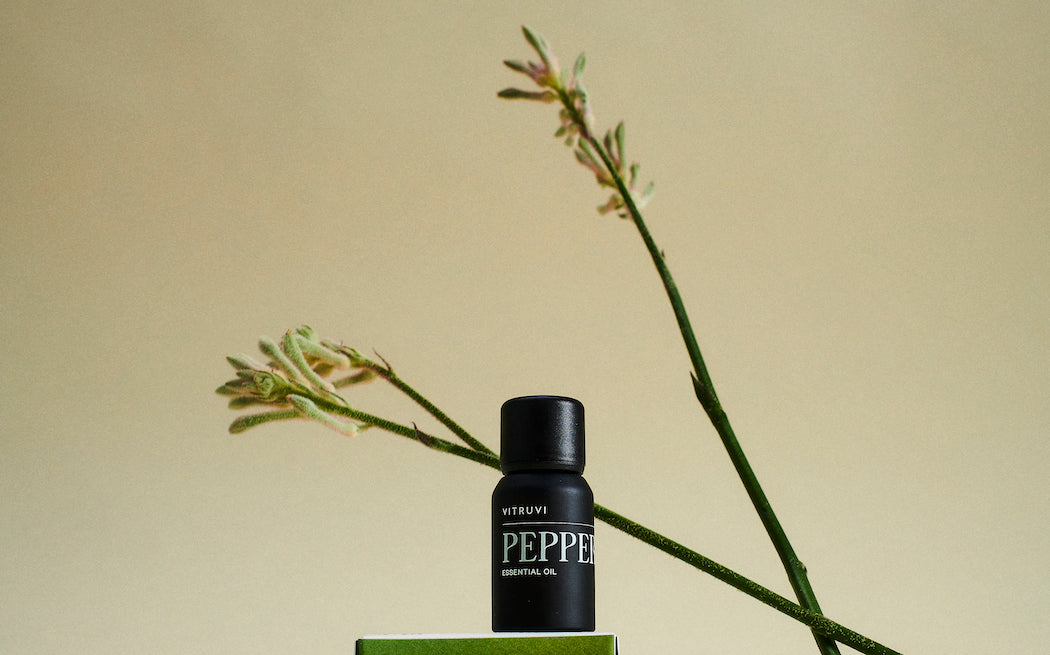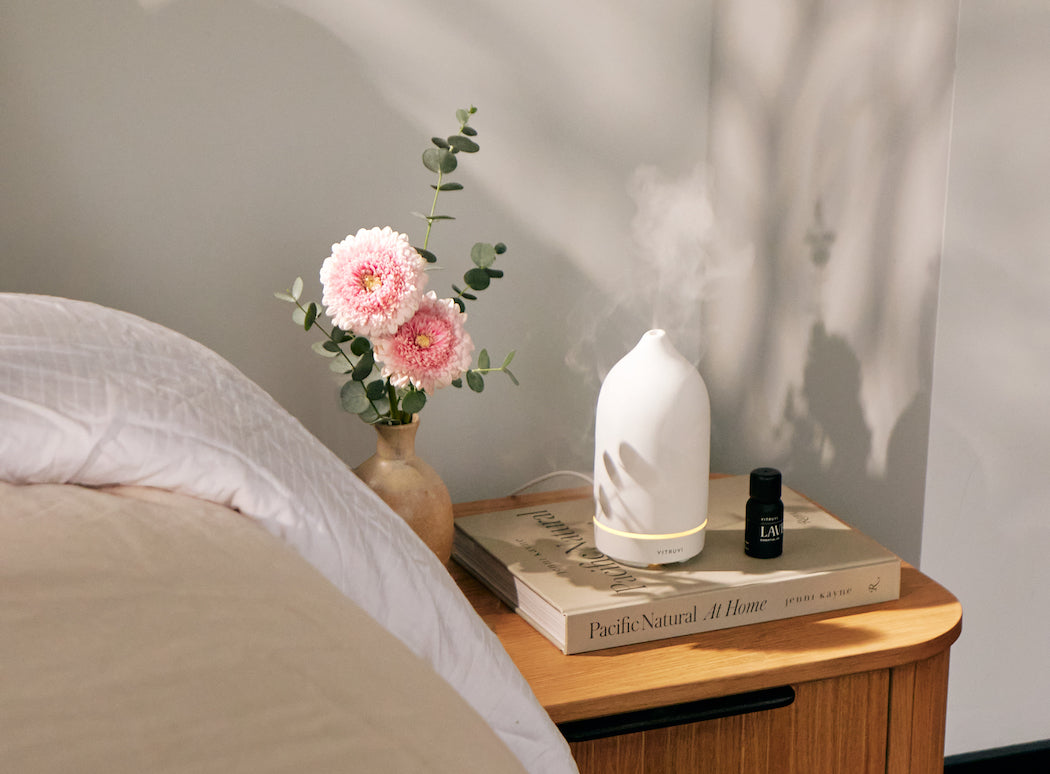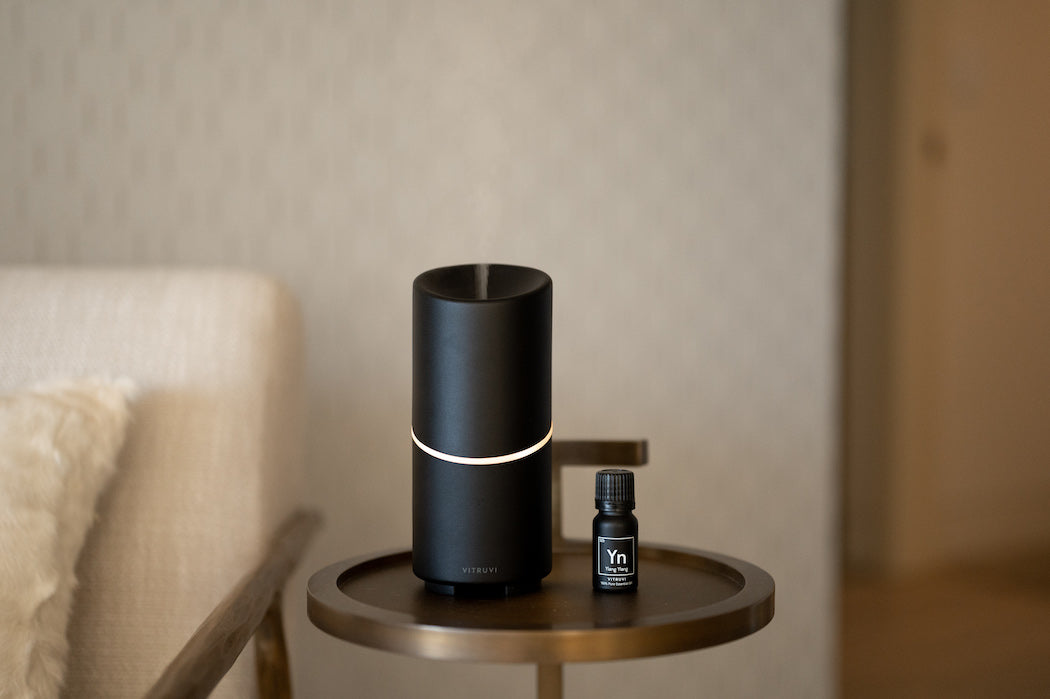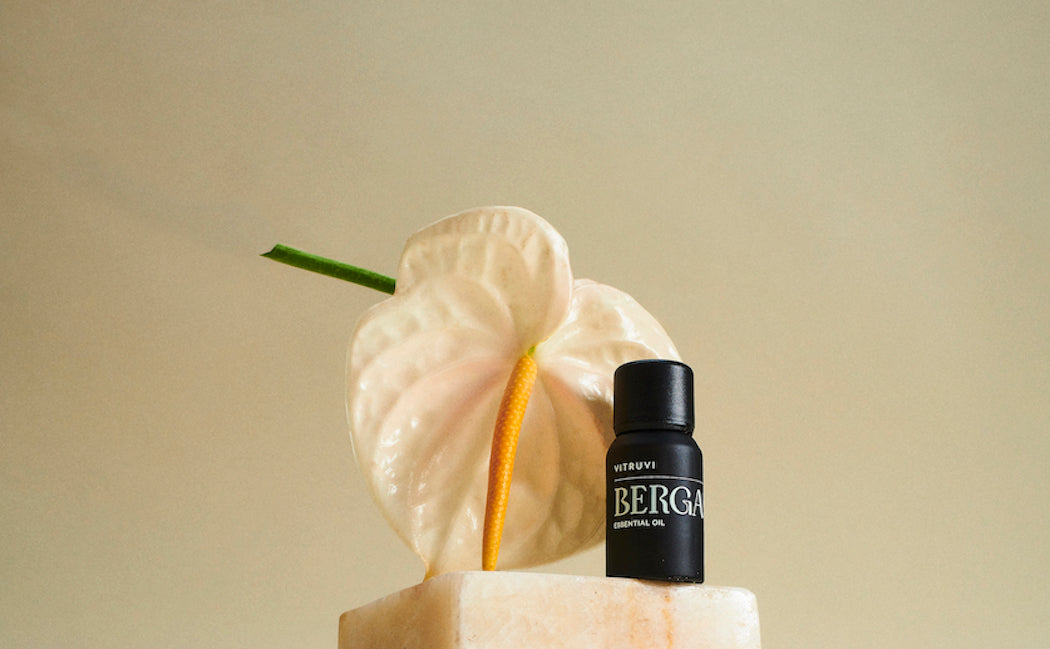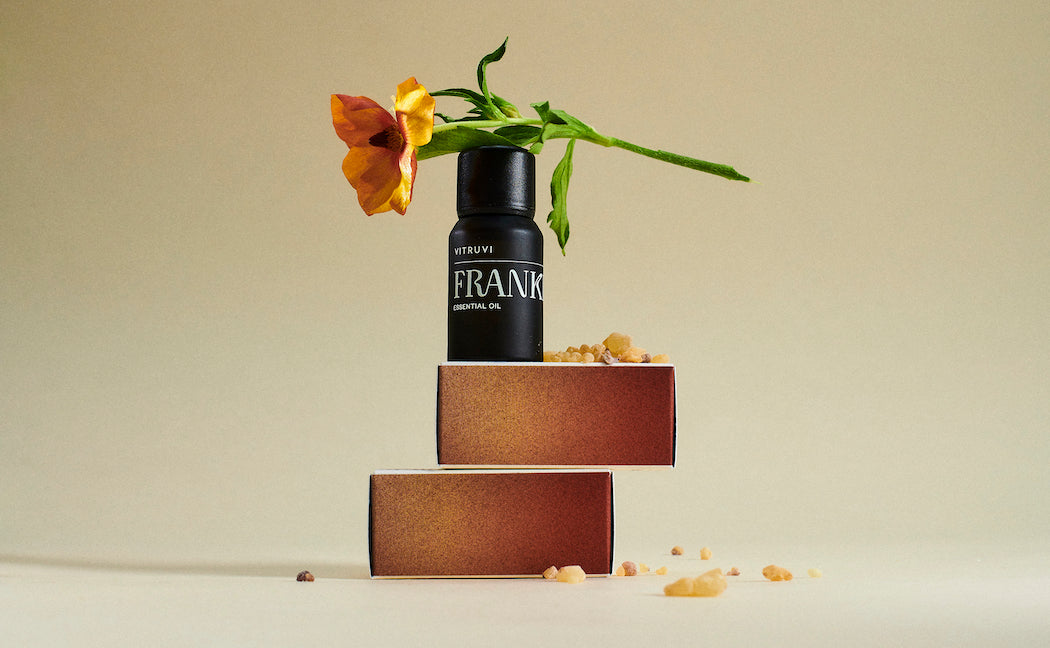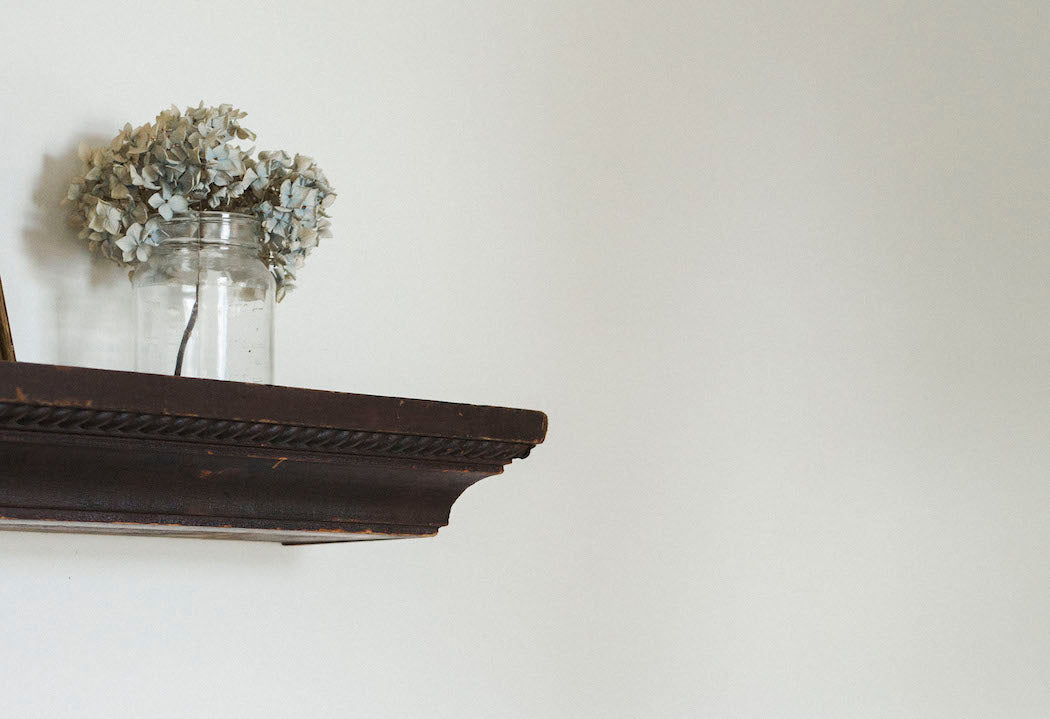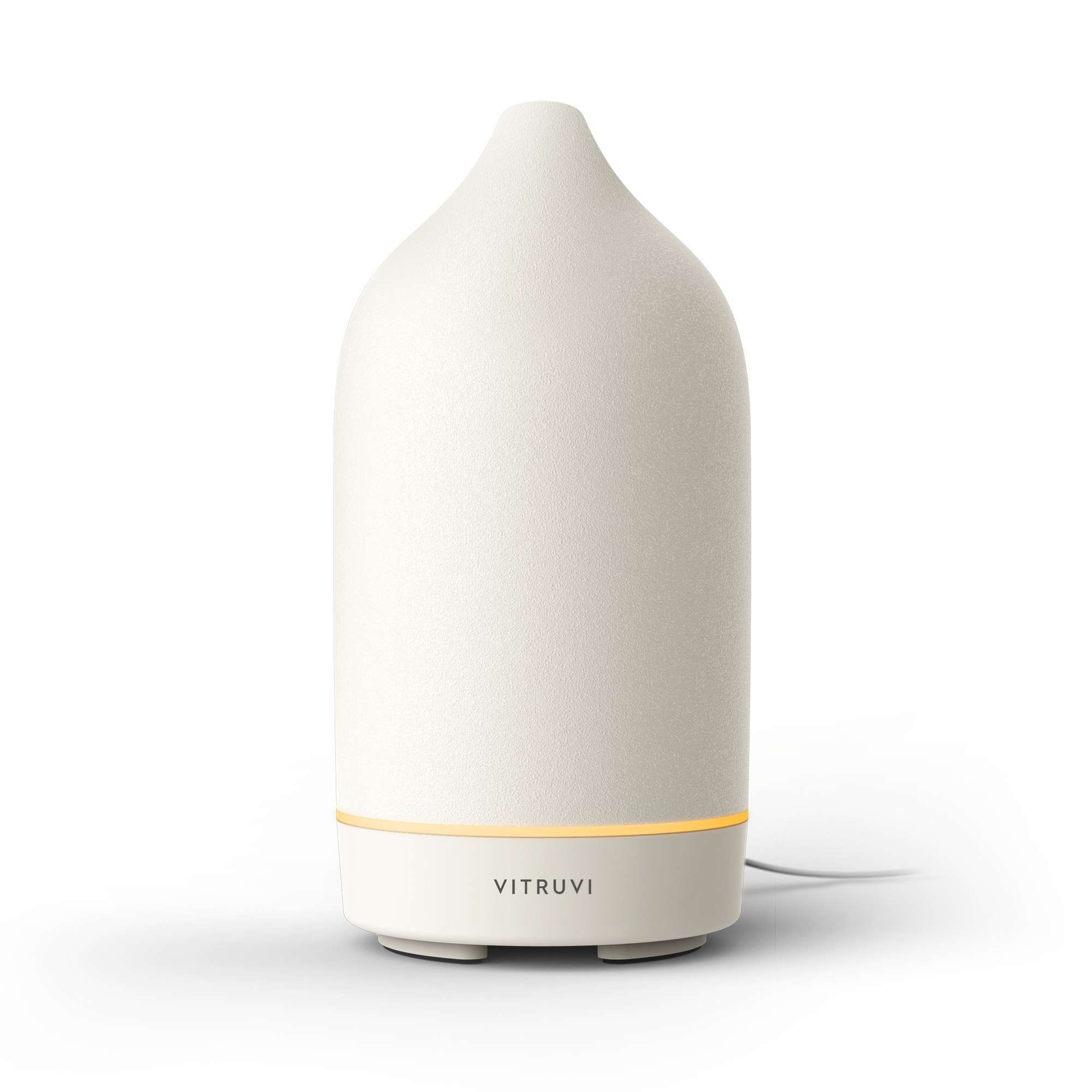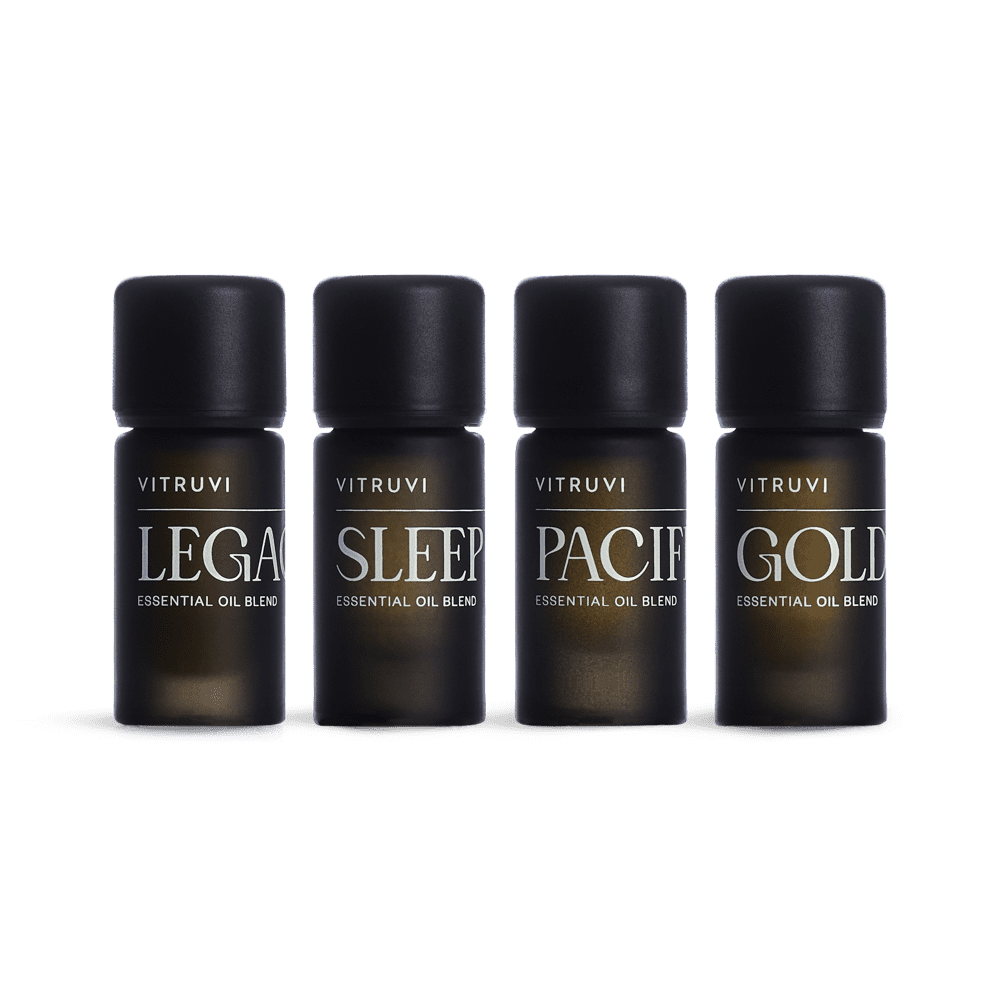By definition, rigor mortis only affects the dead. But try telling that to my jaw, which seized up into a terrible clench somewhere between June and whatever month it is now, despite the fact that (to borrow an old British punchline) “I’m not dead yet.”
My dentist has assured me I am not alone in my pain. Jaw tension, it seems, has become an increasingly common plight in 2020, as many of us are experiencing the heightened stress that can contribute to clenching, grinding, muscle spasms, and other painful temporomandibular joint disorders (TMJD).
How to relieve jaw tension
There is no one way to treat jaw pain—generally, doctors will use a multi-modality approach based on a patient’s individual needs. This may include the prescription of custom night guards, Botox injections, or help from a physiotherapist or chiropractor. In many cases, the condition may also be eased holistically by a few shifts of habit.
According to Dr. Samson Ng, an oral and maxillofacial pathology specialist practicing in Vancouver, the first step to addressing jaw pain is identifying its root cause. Stress has a way of manifesting in our jaws: a lack of sleep, an anxious gum-chewing or nail-biting habit, or a tendency to unconsciously clamp our teeth shut while we work can all lead to jaw discomfort. As many of us now work from our home couches and countertops, contorted posture also may be to blame for our sore jaws. “Our overall sitting and even walking position, our ergonomics, can have a big impact on the jaw,” says Ng. “We want to make sure the ear, shoulder, and bum are in one straight line when we look from the side. As long as we don’t have the head-forward posture, we will automatically find ourselves clenching less.”
We can also be more aware of how we position our teeth. “Our top and bottom teeth should not touch; they should always separate a little bit at the front, maybe two to three millimetres, as if you are pronouncing the letter ‘N,’” Ng instructs. “When we say ‘N,’ we know that our teeth almost close, but never do. Our lips close, but teeth are apart.”
Blogger and yoga instructor Renee Byrd has struggled with bruxism (teeth grinding) for a decade and chronic pain from TMJD for years. Throughout that time, she’s undergone Western medical treatments as well as tried a wide range of therapeutic modalities such as massage, reiki, and herbal supplementation. The latter, she says, is “a really important part of the overall formula” of addressing jaw tension. “My number-one for pain is a turmeric-derived curcumin supplement, ideally something with boswellia,” she says. She uses passionflower “for nervous system tension; it is a pretty nice, easeful type of herb,” she continues, and skullcap “for relaxing muscle tension.” Byrd also loves a topical, full-spectrum CBD (I concur, as this has reduced my own pain notably). Just be wary of formulas with heavy oils. “For my face and jaw,” Byrd says, “I try to use topical remedies that don’t have comedogenic ingredients that can give you breakouts.”
Facial yoga and massage can also be powerful tools in the fight against jaw pain. In fact, any head, shoulder, neck, and upper-back work can release tension not only in those specific areas, but the face as well, says Danielle Collins, a face yoga expert. Collins shares facial yoga and massage videos to her Youtube channel, and recommends that those with jaw tension take time to stretch and massage the area twice daily: once in the morning, “which will help prevent holding stress and tension in the jaw throughout the day—and therefore prevent lines and wrinkles, headaches, and teeth grinding,” she says, and once before bed, “because at night we tend to hold a lot of tension in our jaw subconsciously.”
Collins also suggests palpating the little acupressure point where your earlobe meets your jaw: “Right at the top of the jaw, there’s a little indentation there,” she explains. “And if you just press into that point just gently, you should find that this really helps release jaw tension.” She suggests spending a few seconds massaging the area in one circular direction, and then the other.
There are plenty of other relaxation techniques that may be used in conjunction with a doctor’s recommendations for addressing stress-induced jaw pain—from breathing exercises, to meditation, to taking Epsom salt baths, to practicing good sleep hygiene. Perhaps the most important thing you can do for your jaw health is talk to your doctor if you’re experiencing any pain in your face that lasts more than a few days—lest your tension lead to bigger problems, like cracked teeth. Ignore a sore jaw, and risk having it come back to bite you.

